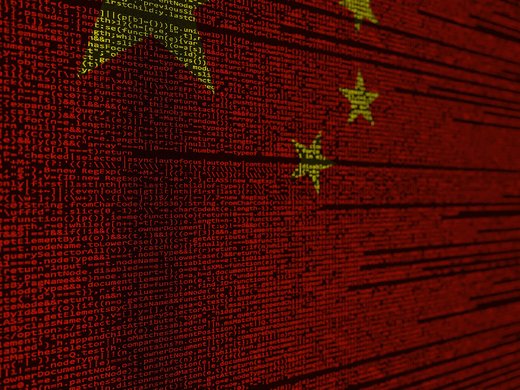Decentralized autonomous organizations provide a modern and promising substitute for the conventional Village Savings and Loan Association (VSLA) model by integrating blockchain and smart contract innovation, thereby allowing community-based finance and governance in developing economies in the Global South to be scaled up. The combination of decentralized autonomous organizations and VSLA principles has the potential to dramatically alter financial inclusion and empowerment in the Global South by utilizing the efficiency and transparency of blockchain (distributed ledger) technology to enhance community-based financial institutions. The comparison between decentralized autonomous organizations and VSLAs demonstrates how blockchain technology may be implemented in the Global South to enhance traditional practices and encourage development. Developing communities face many challenges in implementing decentralized autonomous organizations. These include insufficient digital infrastructure, intricate legislative frameworks and insufficient knowledge and expertise in blockchain technology, all of which impedes the efficient utilization and comprehension of decentralized autonomous organizations. Developing favourable legislative frameworks, improving technology infrastructure and launching extensive educational initiatives to close skills shortages and create a favourable atmosphere for blockchain applications are key recommendations for the adoption of decentralized autonomous organizations.


